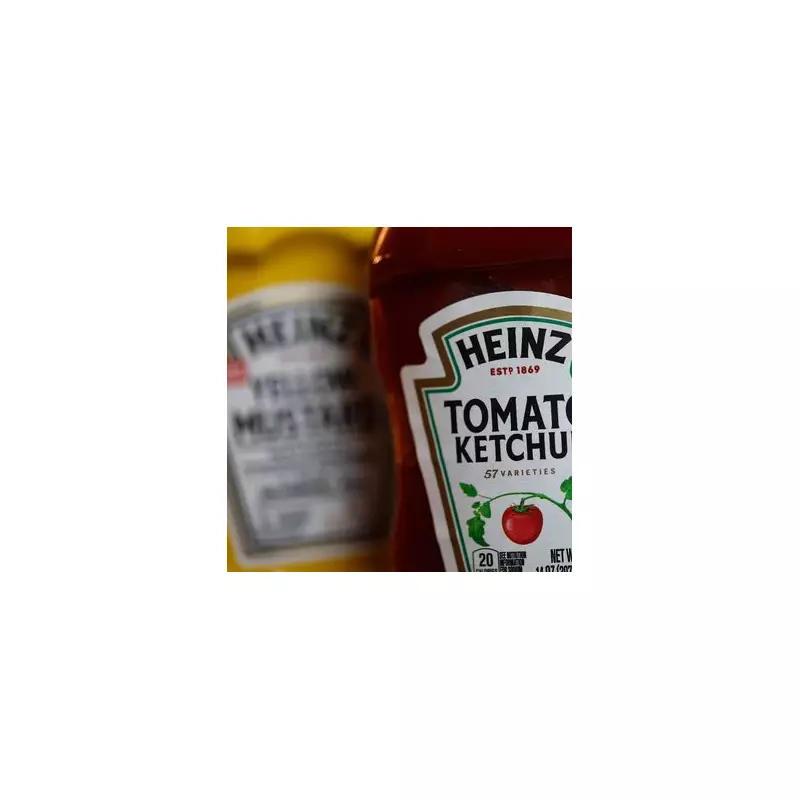
The age-old kitchen debate that divides households across the UK has finally been resolved by a leading consumer expert. The burning question: should you store your ketchup in the fridge or the cupboard after opening?
The Official Verdict on Ketchup Storage
In a revealing video from the consumer champion organisation Which?, an expert delivered the definitive answer. Contrary to what many believe, there is no strict requirement to refrigerate your ketchup. The expert clarified that you can keep it in the fridge if you prefer, but it is not a necessity for food safety.
The reasoning lies in the sauce's natural preservatives. "Tomatoes are naturally acidic, and the sauce contains vinegar, which helps preserve it in ambient conditions," the expert explained. This means your kitchen cupboard is a perfectly acceptable home for your ketchup bottle.
When Refrigeration Becomes the Better Choice
However, the expert did highlight one crucial exception. If you take a long time to get through a bottle, storing ketchup in the fridge can extend its shelf life. This advice, also reported by the Express, offers a practical solution for those who use the condiment infrequently.
This nuance was reiterated in the caption of an Instagram post from Which?, which stated: "The debate over where to store your ketchup is one that constantly simmers across social media: fridge or cupboard? The @whichuk answer? Cupboard." It confirmed that refrigeration is primarily for taste preference or for prolonging the product's quality over an extended period.
What About Other Popular Condiments?
The expert guidance didn't stop at ketchup. The video also provided clarity on other common sauces. Thanks to its high vinegar content, brown sauce can also be safely stored in the cupboard.
In contrast, mayonnaise and salad cream should always be kept in the refrigerator after opening due to their different compositions and lower acidity.
This expert advice sometimes conflicts with manufacturer recommendations. On its bottles, Heinz explicitly advises storing its ketchup in the fridge after opening and recommends consumption within eight weeks. This creates a choice for consumers between following the manufacturer's guidance or the expert's scientific reasoning based on the product's inherent preservative qualities.





